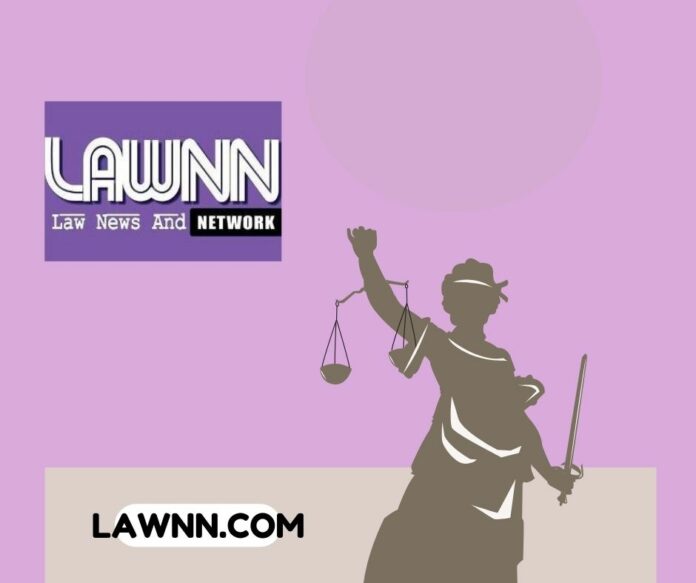Tips On Achieving The Best Settlement For Personal Injuries
After any type of accident, come up with the best plan of action for obtaining personal injury compensation.
David Goguen, J.D., University of San Francisco School of Law, provided an update.
You will need to have a strong plan in place once the negotiations for your personal injury compensation begin to heat up. It is a wonderful idea to start by heeding these six settlement recommendations.
Never Accept The First Offer:
Insurance adjusters typically make a relatively modest initial offer when initiating a discussion. By using this strategy, the adjuster is approaching to analyse your patience and understanding of the value of your claim.
Whether an offer is reasonable, but too low, or it’s just a tactic to check if you know what you are doing, should determine how you responded to the first offer.
You may counterfeit with a sum slightly less than what you requested in your demand letter if the offer is appropriate. That explains to the adjuster that you are being moderate and open to making negotiations.
You should soon reach a final settlement sum that you both agree is reasonable with a little additional bargaining. Don’t bother repeating every detail of the facts during these conversations. Simply highlight the most compelling evidence to support your claim, such as the fact that the insured was entirely at fault.
Determine The Amount Of The Settlement In Advance:
As you were putting together your demand letter for a personal injury settlement, you determined a range of possible compensation for your claim.
Before discussing your demand with an insurance adjuster, determine the lowest settlement amount that you would accept within that range.
This number is not something you would disclose to the adjuster, it is for your knowledge only. However, it pays to have your bottom line in mind before the back-and-forth of bids and counter-offers begins.
Recall that you are not obligated to the initial goal you set for yourself. If the adjuster presents information that you were not aware of but that probably undermines your claim, you might need to reduce your minimum figure.
Additionally, you might want to revise upward if the adjuster begins with a low settlement offer, a figure that is at or close to your minimum, or if you find data that supports your claim.
Highlight Positive And Emotional Aspect Of Yourself:
Bring up any sentimental reason you have for your claim during the process of bargaining. Refer to any effective photos you may have supplied the adjuster, such as one showing a severely damaged car or an injury that appears to be serious.
For instance, consider alcohol use once more if a bottle of beer was discovered in the vehicle of another driver. Remind the adjuster if comparable accidents have happened there in a similar manner.
Mention how your child suffered as a result of your injury if it affected your ability to care for them. These factors, albeit incalculable, can exert a significant influence on an insurance company’s willingness to settle an accident claim.
Convince The Adjuster To Justify A Poor Offer:
Do not instantly reduce the amount you pitched in your demand letter if the adjuster makes an offer that was so low in your initial chart that it was portrayed as a negotiation tactic to analyze if you know what your claim is worth.
Ask the adjuster to provide you with the precise reasons for the low offer instead. Record the discussion in writing. Next, draft a brief letter answering all the points raised by the adjuster.
You can minimize your demand somewhat, depending on how compelling the adjuster’s arguments are, but before you take such action, you should see if the adjuster will back down.
Wait For A Reaction:
Wait to lower your demand again until the adjuster makes you another offer. Review each of the adjuster’s additional justifications for a low offer. It is never a decent negotiation strategy to lower your demand twice without the adjuster making an additional offer first.
After addressing all the adjuster’s points of contention, you will either receive a reasonable offer or learn that none will be made, in which case you will need to try to exert more pressure on the insurance provider.
Recognize When To Hire An Attorney
You might think about contacting a personal injury attorney if you eventually feel that discussions are not going as well as you had intended. This is especially true if:
You are requesting compensation for serious injuries and pain and suffering above a few thousand dollars.
In situations, when a claimant’s requested damages exceed tens of thousands of dollars, an insurance adjuster is unlikely to provide important consideration to an unrepresented claimant.
You are requesting damages in the future.
You might want an attorney to efficiently factor in future medical expenses or lost income if you are seeking these things in your given compensation.
There is an issue of defect
You might require legal assistance to properly formulate your case if there is any doubt as to who was responsible for the initial accident.
Documenting The Settlement In Writing:
As soon as you and the adjuster have reached a final amount, write the adjuster a letter to officially confirm your agreement. You can write a brief yet sweet and short letter. To gain an idea of the format of such a letter, view this sample settlement confirmation.





